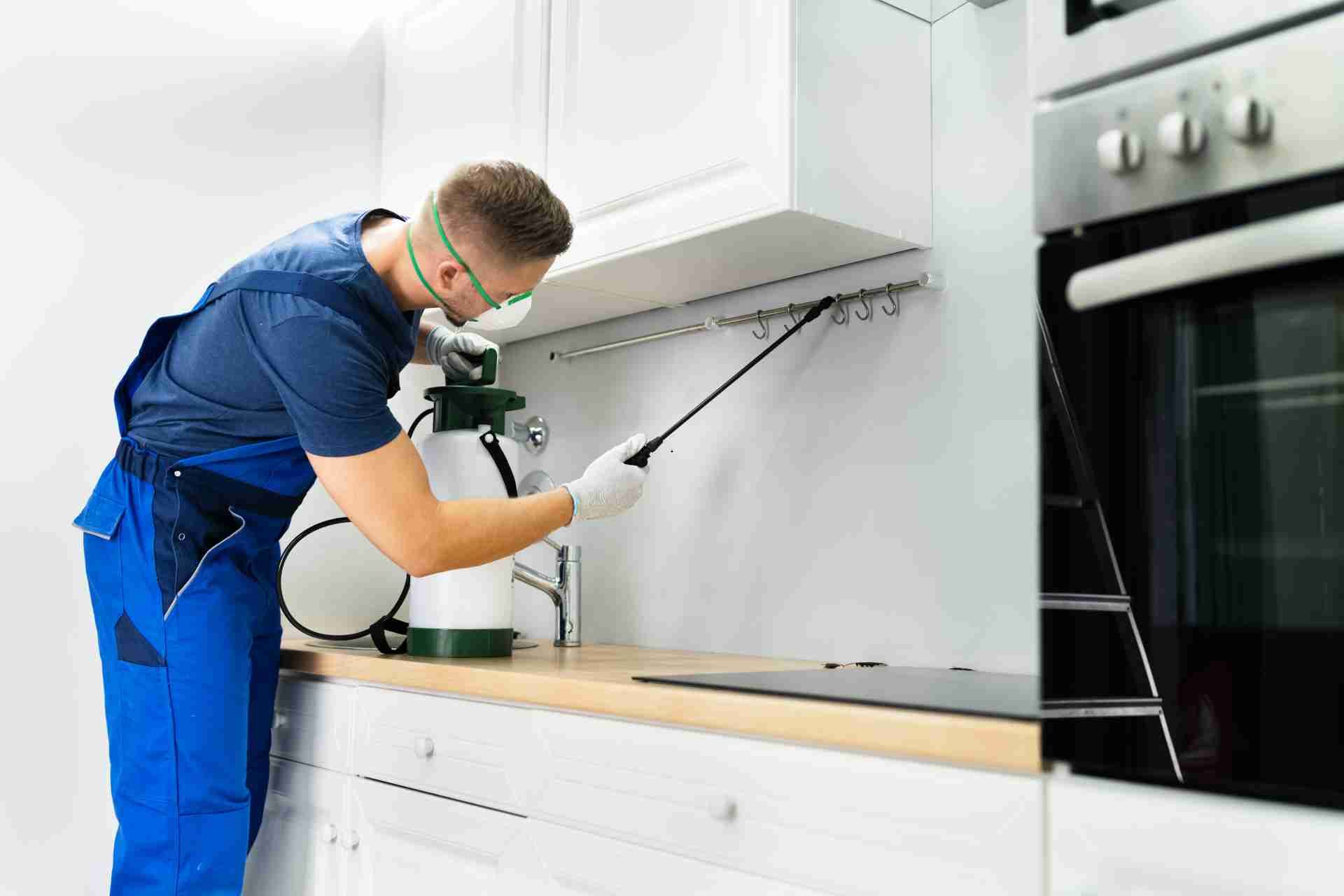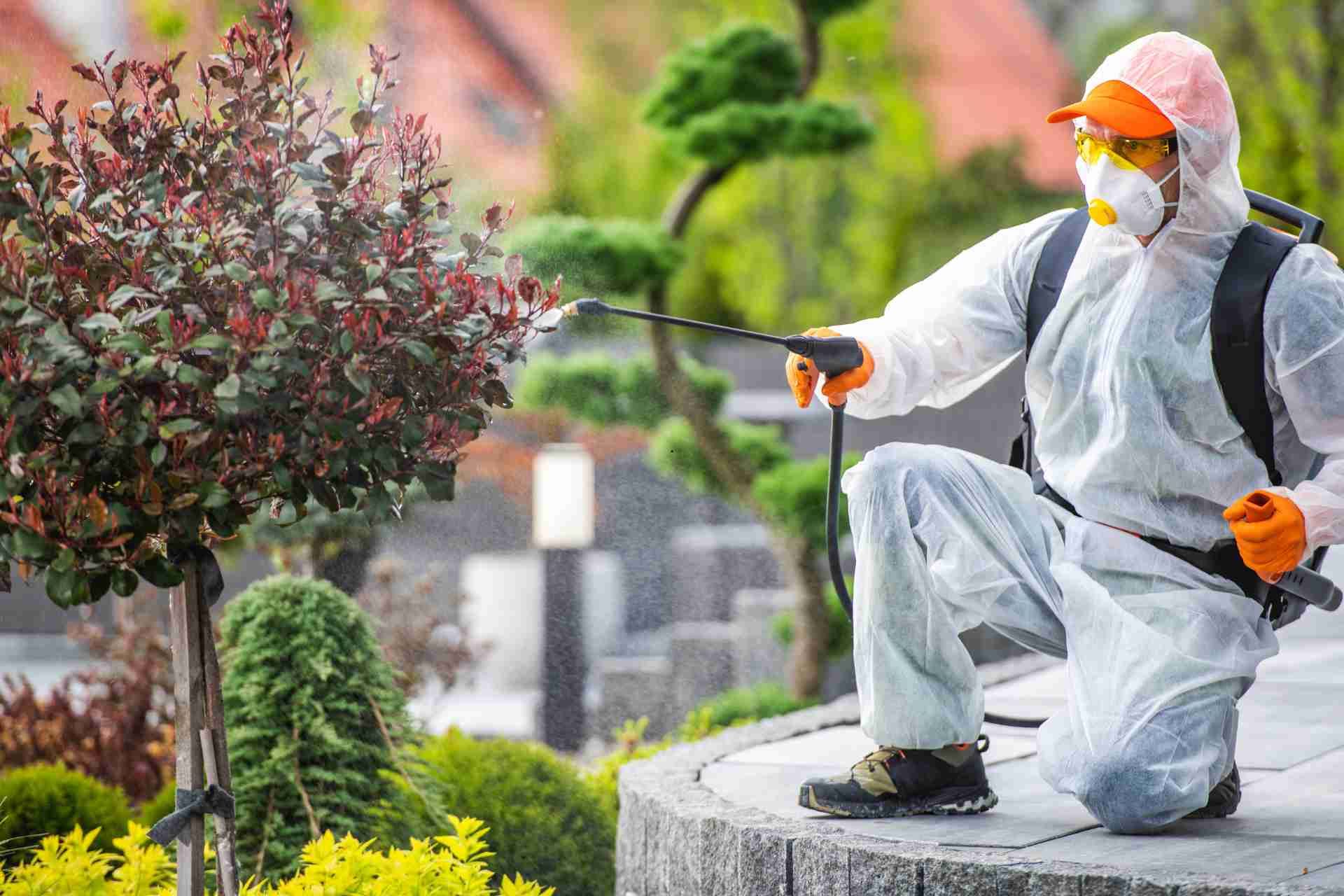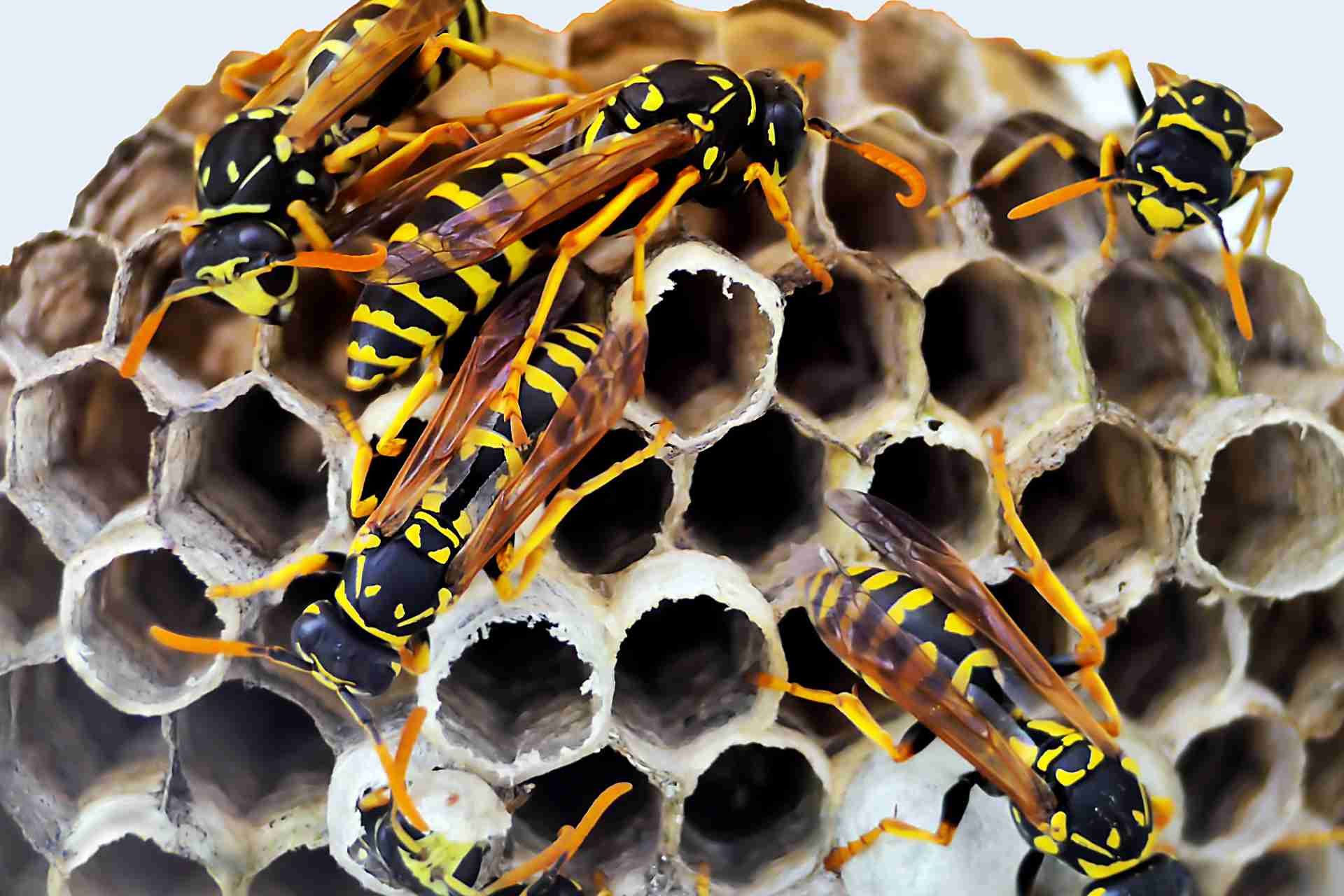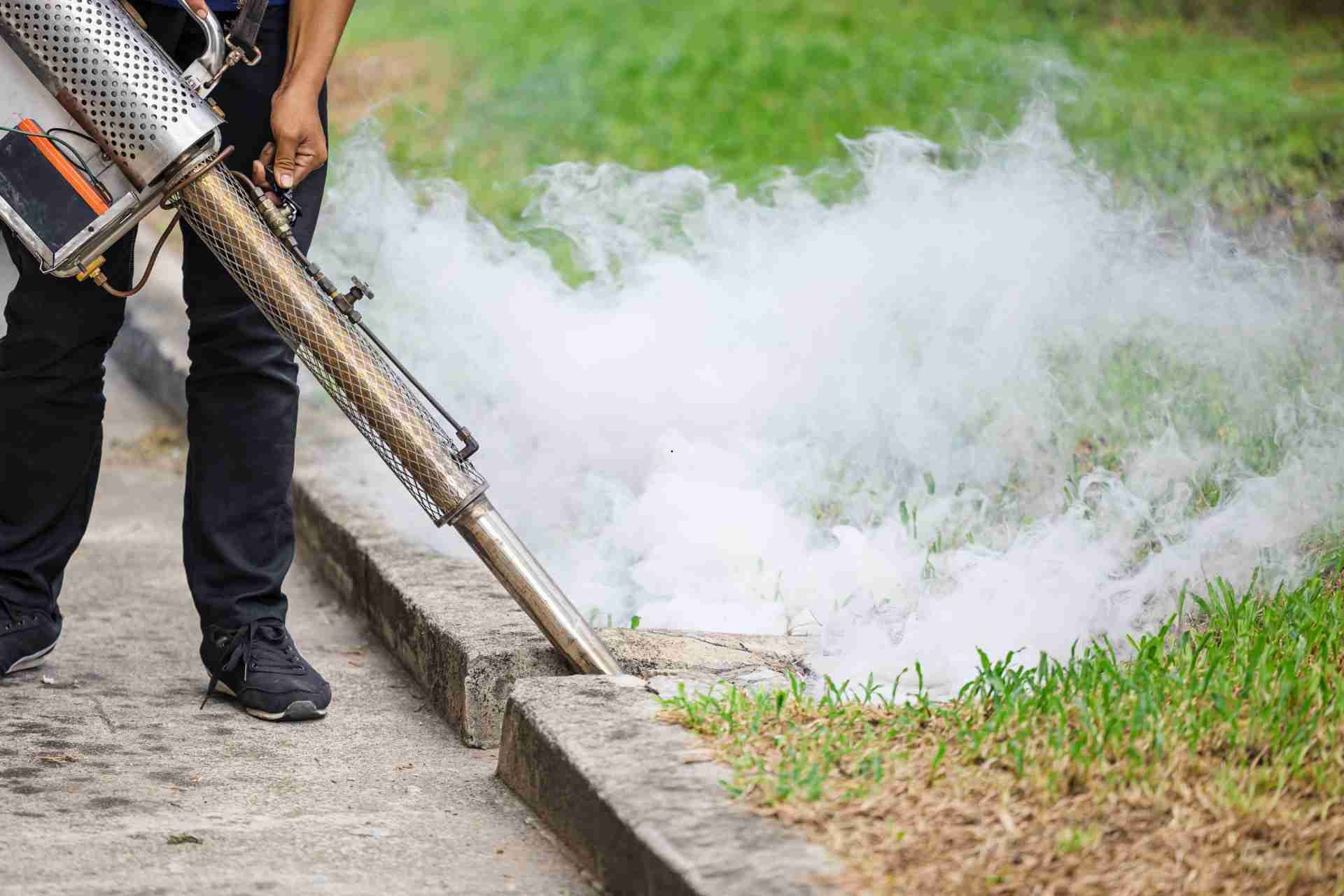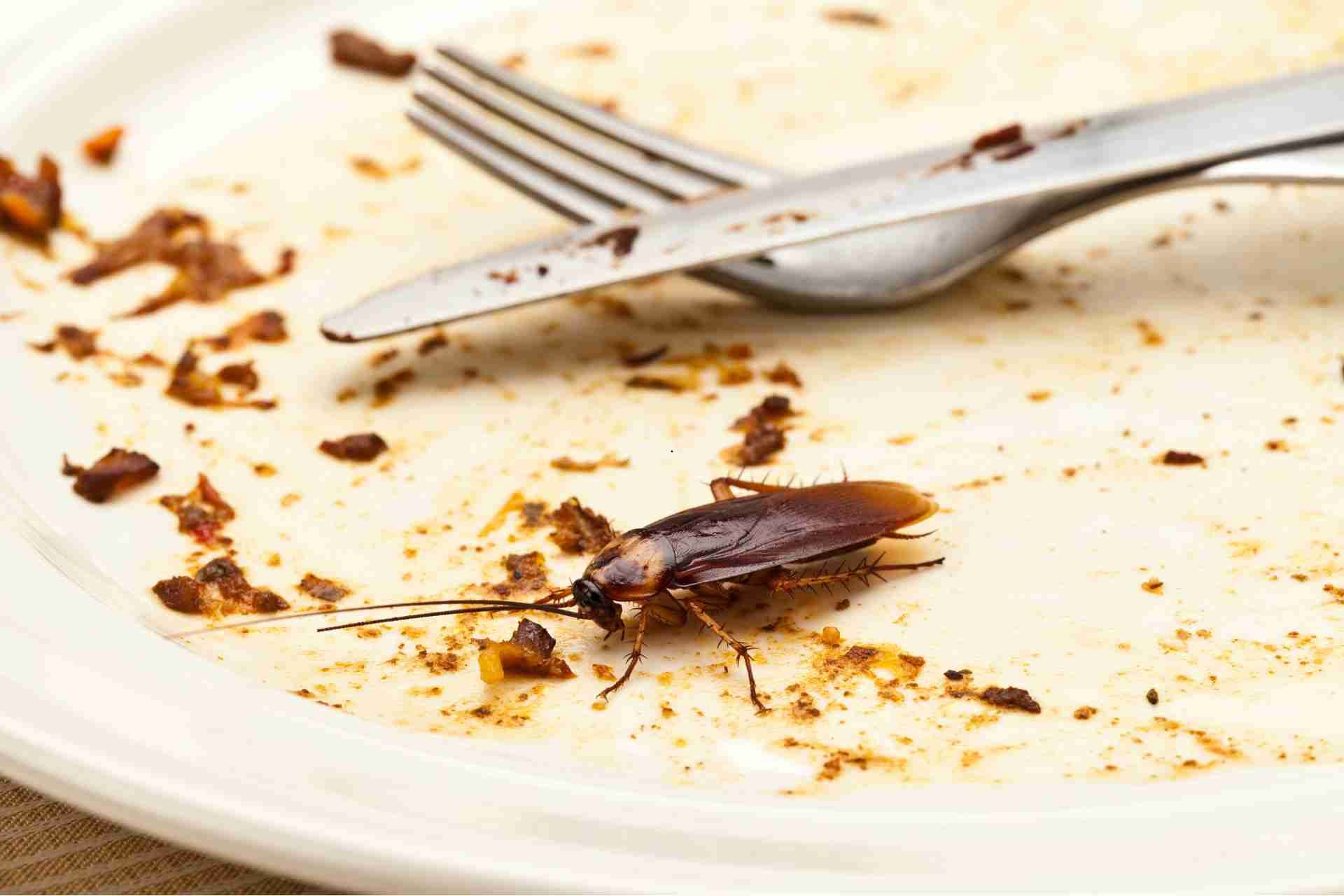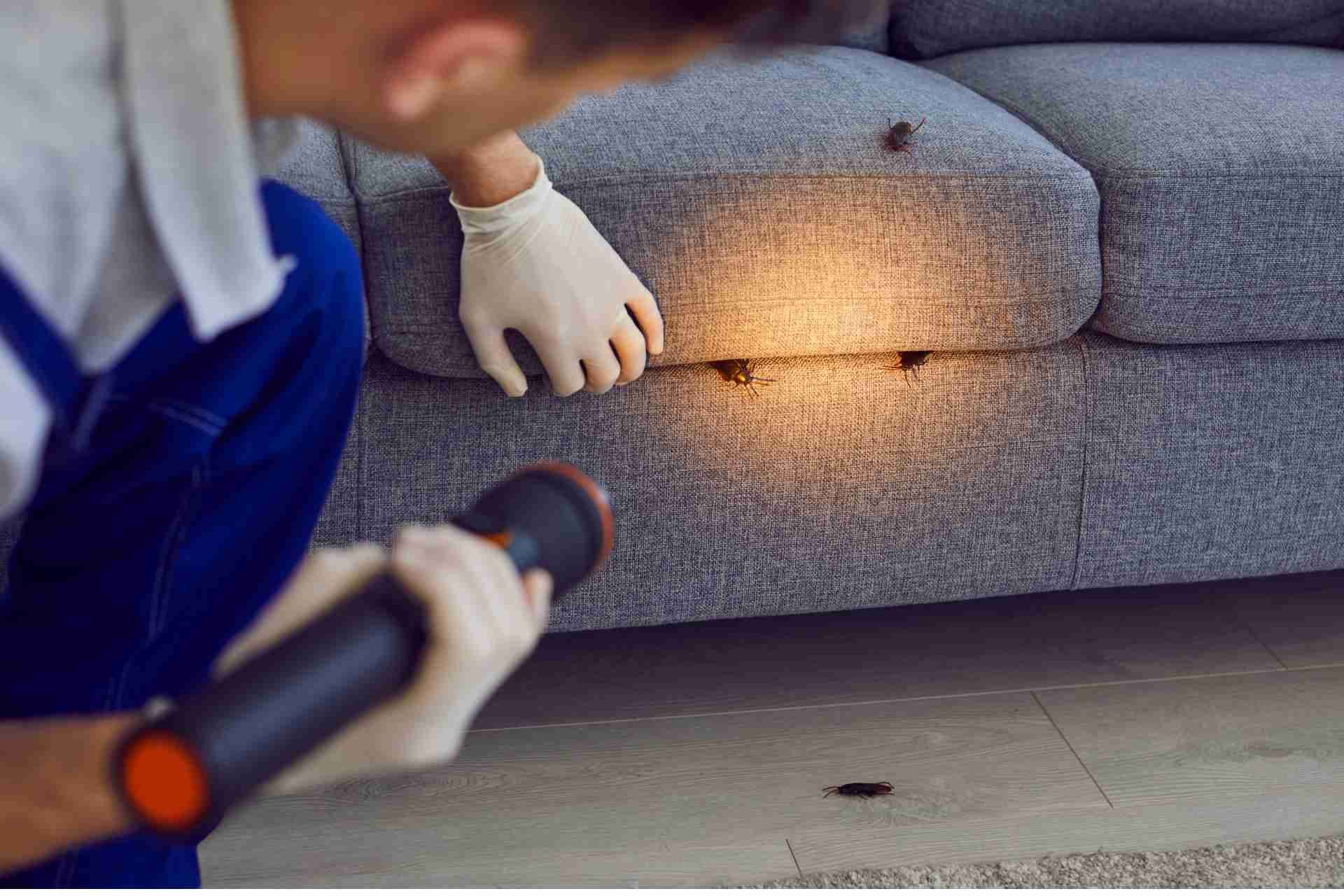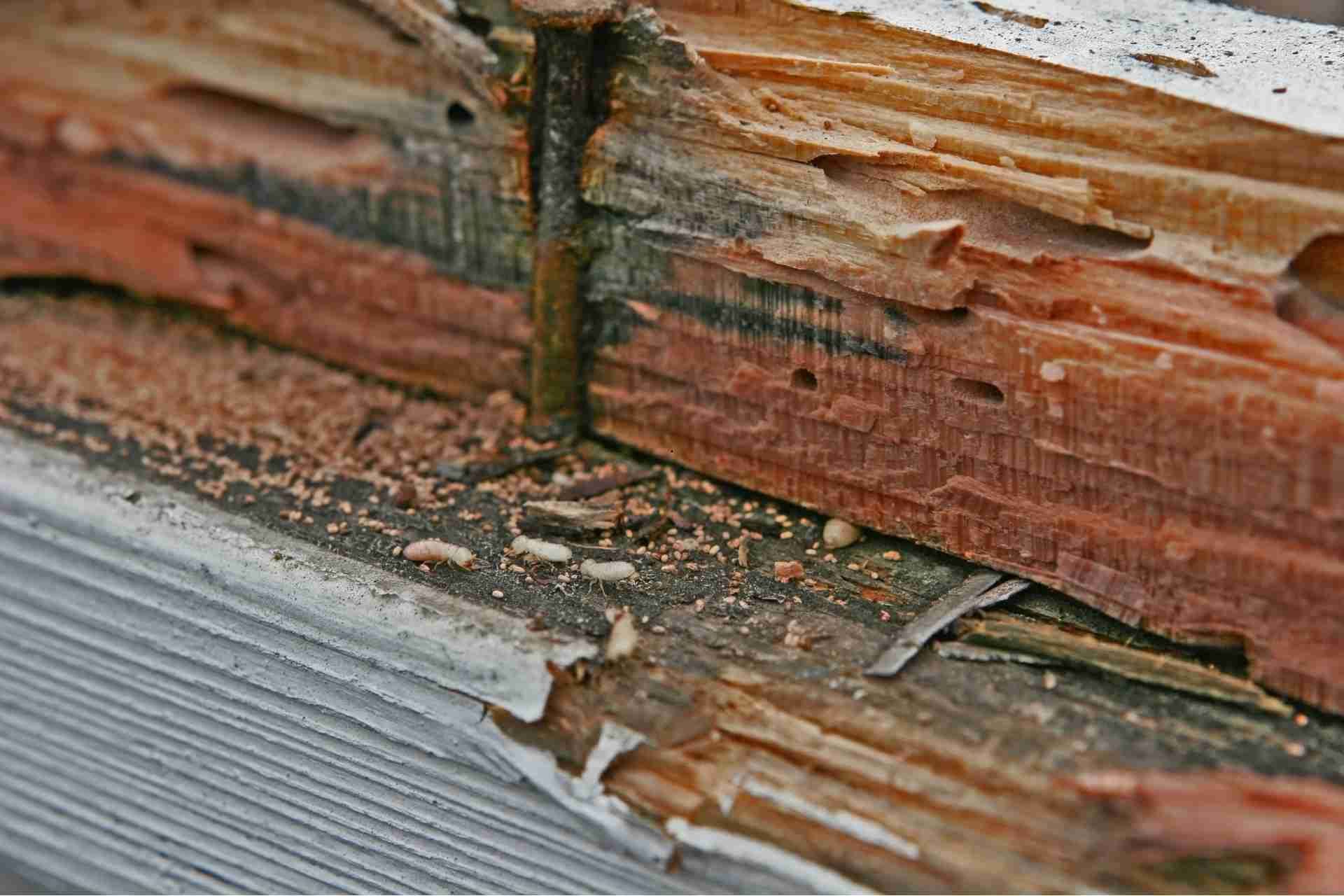Guide to Stinging Insect Pest Control in your Home
If you've ever been startled by a sudden buzz and found a wasp nest near your house, you know the importance of managing stinging insect pests around your home. Understanding the behavior and habits of these pests is crucial for effective control.
From identifying common species to implementing preventative measures, and finally, utilizing safe removal techniques, this guide will equip you with the knowledge to keep your home free from these unwelcome guests. Be prepared to take proactive steps to ensure a peaceful living environment.
Identifying Common Stinging Insects
When encountering stinging insects around your home, it's crucial to accurately identify them for effective pest control. Understanding the differences between bees and wasps is essential. Bees are robust and usually covered in branched hairs, while wasps have a slender body with a more defined waist. Bees feed on nectar and pollen, making them crucial pollinators, whereas wasps are predatory and feed on insects, spiders, and other arthropods.
Hornets, a type of wasp, are larger than most other wasps and can be identified by their black and white markings. They're known for their aggressive behavior when their nests are disturbed. Hornets can sting repeatedly, posing a significant threat to humans, especially those allergic to their venom. Identifying hornets correctly is vital for implementing appropriate pest control measures to ensure the safety of your household.
Implementing Preventative Measures
To effectively protect your home from stinging insects, it's essential to implement preventative measures that discourage their presence. Begin by sealing cracks in walls, windows, doors, and any other openings that could serve as entry points for these pests. Stinging insects often seek shelter in small crevices, so eliminating these openings can significantly reduce the likelihood of them invading your home.
Moreover, it's crucial to remove attractants that might draw stinging insects near your property. This includes keeping outdoor garbage cans tightly sealed, cleaning up food spills promptly, and maintaining a tidy yard free of standing water. By eliminating potential food sources and nesting spots, you can make your home less appealing to stinging insects.
Regularly inspect your home's exterior for any potential entry points or attractants, and address them promptly. Taking these preventative measures can go a long way in minimizing the risk of stinging insect infestations in your home.
Remove Nests Safely
If you have a nest of wasps or hornets on your property, it is best to remove it as soon as possible to avoid any potential dangers. Here are some tips for safely removing nests of stinging insects:
- Wear protective clothing: Before attempting to remove a nest of stinging insects, make sure to wear long sleeves, pants, closed-toe shoes, gloves, and a hat with a net to cover your face. This will help protect you from getting stung during the removal process.
- Wait until dusk or dawn: Stinging insects are less active during these times, making it easier and safer to remove their nests. Avoid removing nests during the day when the insects are most active.
- Use insecticide: If the nest is small and accessible, you can use an insecticidal spray specifically designed for stinging insects. Make sure to follow the instructions on the label and spray the nest thoroughly.
- Remove the nest: After spraying the nest, wait for a few hours to ensure that all the insects have been killed. Then, carefully remove the nest using a long stick or pole and place it in a sealed plastic bag.
- Dispose of the nest properly: Once the nest has been removed, make sure to dispose of it properly. Do not crush the nest, as this can release pheromones that may attract more insects. Instead, seal the nest in a plastic bag and dispose of it in the trash.
- Monitor the area: After removing the nest, keep an eye on the area to make sure that no new nests are being built. If you notice any new nests, take steps to remove them as soon as possible.
Use Insecticides Carefully
Stinging insects like bees, wasps, and hornets can be a nuisance and even dangerous to have around your home. While it may be tempting to reach for insecticides to quickly eliminate these pests, it's important to use them carefully to ensure the safety of both yourself and the environment.
When using insecticides for stinging insect pest control, it's crucial to follow the instructions on the label carefully. This includes wearing protective gear such as gloves, long sleeves, and a mask to protect yourself from exposure to the chemicals. It's also important to only use insecticides in areas where stinging insects are present, and to avoid spraying them near water sources or where children or pets play.
Additionally, it's important to choose insecticides that are specifically designed for stinging insects, as using the wrong type of insecticide can be ineffective and potentially harmful. Look for products that are labeled for use on bees, wasps, or hornets, and avoid using general insecticides that may not target these pests specifically.
Monitor and Prevent Future Infestations
One of the first steps in preventing stinging insect infestations is to regularly inspect your property for nests or hives. Look for signs such as buzzing activity, visible nests, and insect activity near your home. If you spot a nest, it is important to enlist the help of a professional pest control service to safely remove it.
Another way to monitor and prevent stinging insect infestations is to keep your outdoor spaces clean and free of food sources. Be sure to properly dispose of garbage, keep outdoor dining areas clean, and avoid leaving sugary drinks or food out in the open. Stinging insects are attracted to sweet smells and may be drawn to your property if there are easy food sources available.
It is also important to seal any cracks or gaps in your home's exterior to prevent stinging insects from finding their way inside. Be sure to repair torn window screens, seal gaps around doors and windows, and keep attic vents covered with mesh screens. By taking these precautions, you can help prevent stinging insects from gaining access to your home.
If you do encounter a stinging insect infestation, it is vital to handle the situation carefully. Attempting to remove a nest or hive on your own can be dangerous and may provoke the insects, leading to stings. Instead, contact a professional pest control service to safely and effectively remove the nest without putting yourself at risk.
Effective Removal and Extermination Techniques
Consider employing professional pest control services for efficient removal and extermination of stinging insects from your home. Safety precautions are paramount when dealing with stinging insects. Always wear protective clothing like long sleeves, pants, gloves, and a face mask.
If you choose to tackle the issue yourself, there are some effective DIY solutions. For instance, setting up traps using sweet baits can help capture wasps and hornets. Be cautious and place these traps away from high-traffic areas to avoid accidental contact.
Another DIY method is using a soap and water spray to eliminate bees and wasps. Simply mix soap with water in a spray bottle and aim at the insects directly.
However, for larger infestations or more aggressive species like yellow jackets, seeking professional help is advisable to ensure complete removal without risking harm. Remember, safety first when dealing with stinging insects in your home.
Consult a professional
Stinging insects can be a major nuisance and potentially dangerous for those who are allergic to their venom. However, with the right pest control solutions in place, you can enjoy a sting-free outdoor experience all season long.
Affordable Pest and Mosquito Solutions specializes in safe and effective stinging insect pest control services that are tailored to fit your specific needs. Whether you have a small infestation or a larger problem, their team of experts can quickly and efficiently eliminate the threat posed by these pests.
Consider consulting Affordable Pest and Mosquito Solutions for stinging insect pest control, call now at
(810) 820-6429. With their expertise and commitment to customer satisfaction, you can trust that your pest problem will be resolved quickly and efficiently, leaving you free to enjoy your outdoor space in peace.

